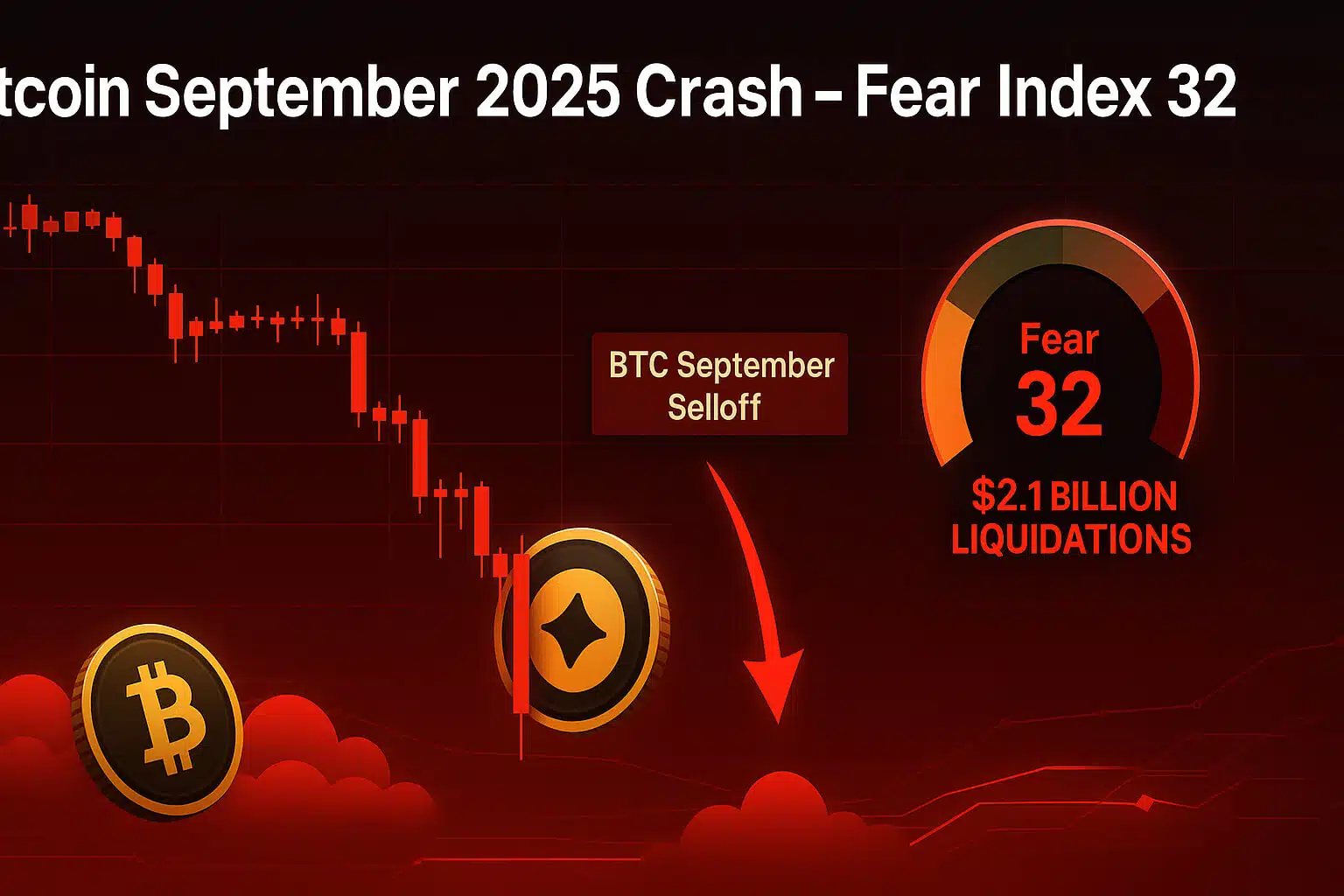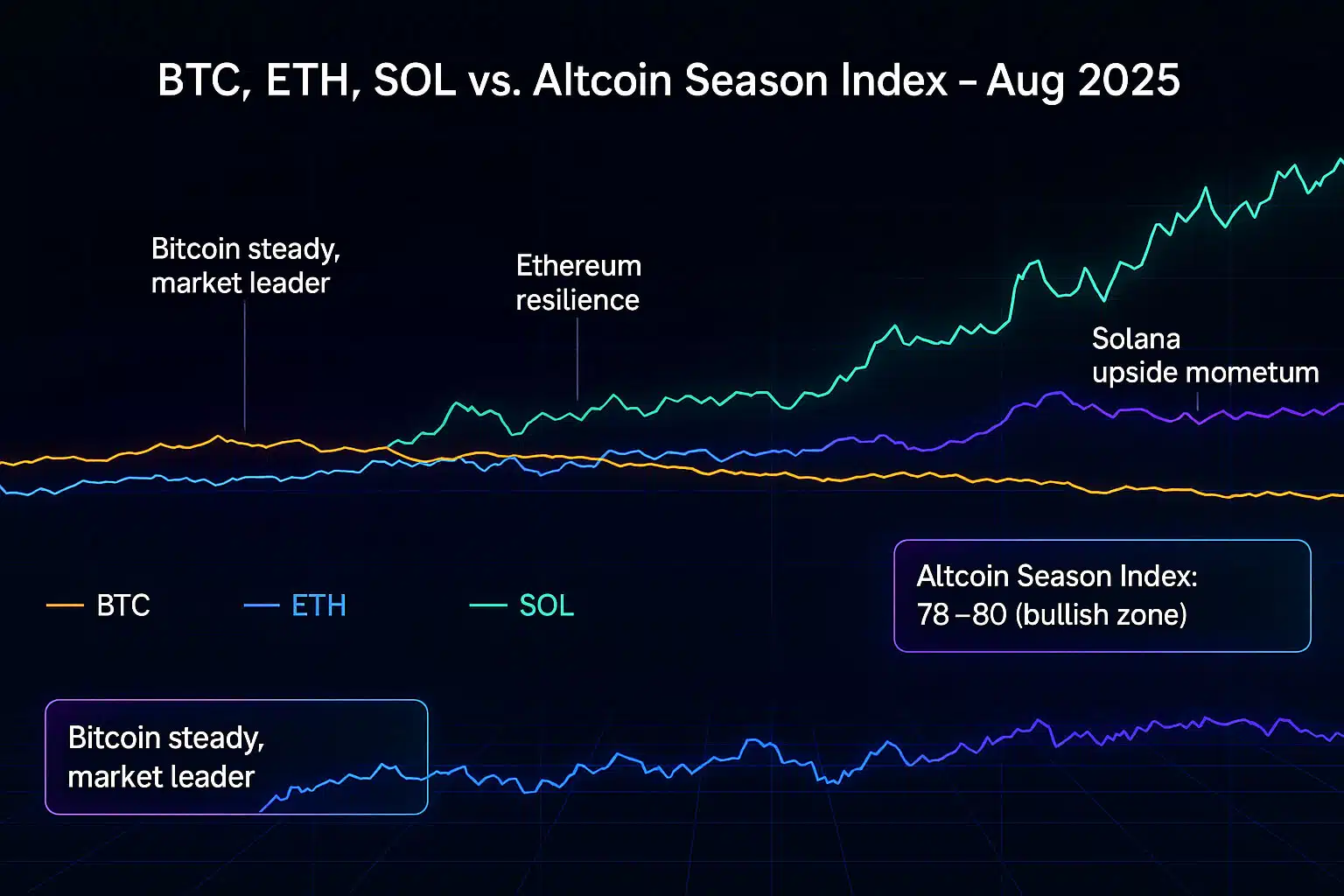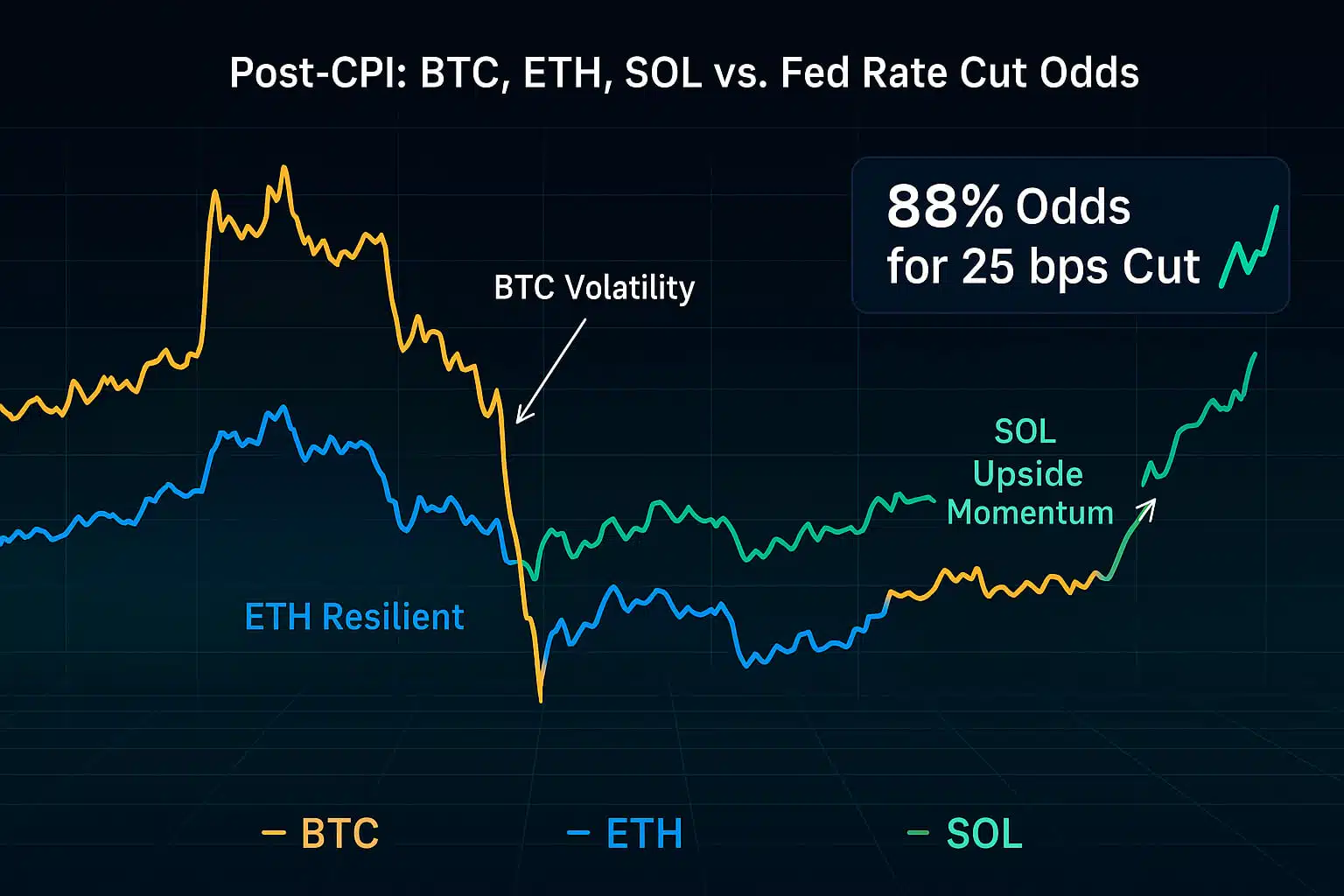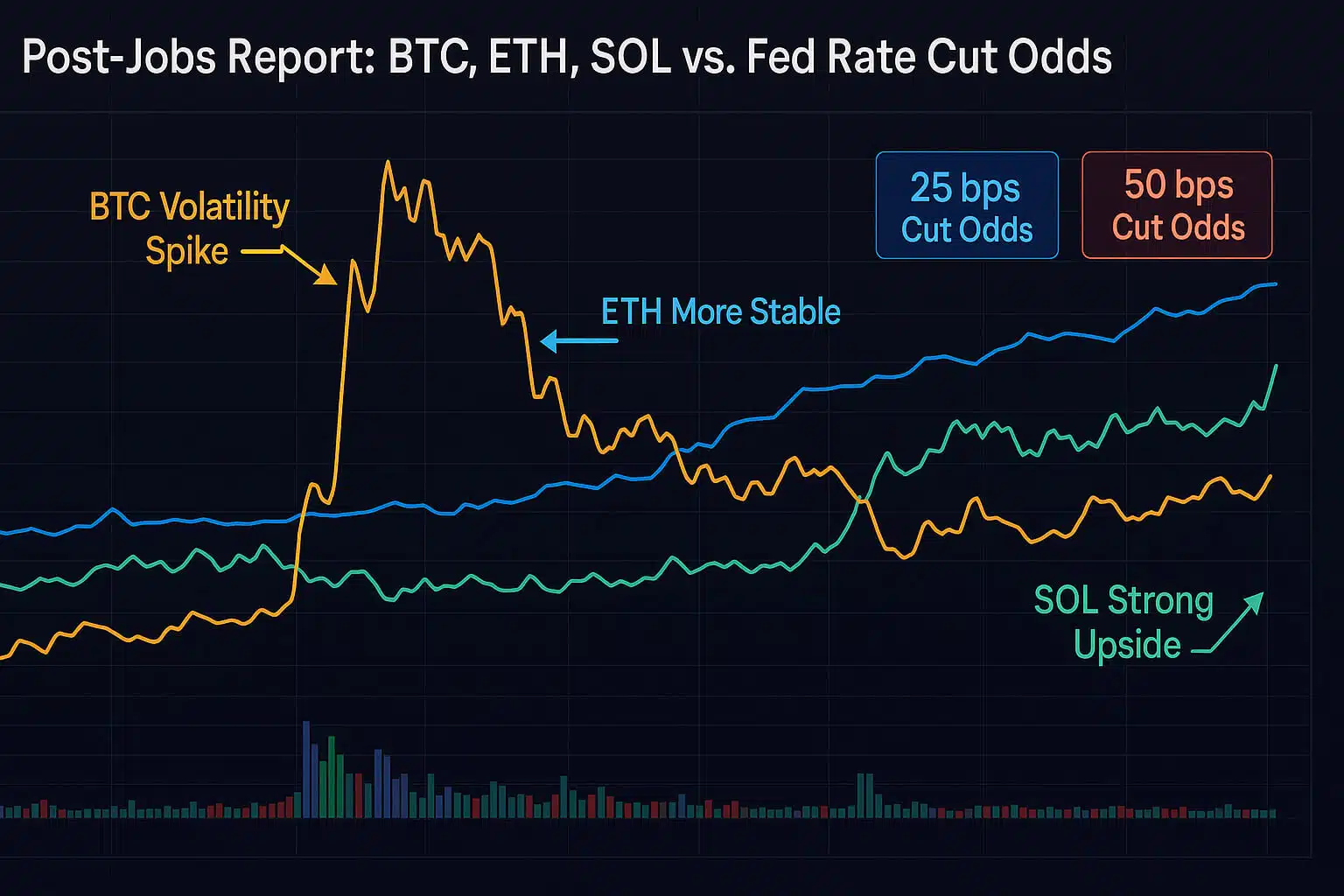1. Introduction: The Challenges of Traditional IP Management
Intellectual property (IP) management is crucial for protecting the rights of creators, inventors, and businesses. However, traditional methods of managing intellectual property often involve complex processes, significant legal fees, and the risk of infringement or unauthorized use. As digital content proliferates and global markets expand, the need for a more secure, transparent, and efficient system for managing IP rights has become increasingly apparent. Blockchain technology is emerging as a revolutionary solution to these challenges, offering new ways to secure, manage, and enforce intellectual property rights.
Why Blockchain Matters for IP Management
Blockchain’s decentralized, immutable ledger technology provides a unique way to record and track IP assets. By ensuring transparency and security, blockchain can help reduce disputes, prevent fraud, and streamline the process of managing intellectual property rights.
2. What Is Blockchain Technology?
Before diving into how blockchain is revolutionizing IP management, it’s essential to understand the basics of blockchain technology. At its core, blockchain is a distributed ledger that records transactions across a network of computers. Each transaction is grouped into a “block,” which then links to previous blocks, forming a “chain.” This decentralized and immutable nature of blockchain makes it an ideal platform for securely managing IP assets.
- Key Characteristics of Blockchain:
- Decentralization: Blockchain operates without a single controlling entity, reducing the risk of tampering and fraud.
- Immutability: Once information is recorded on the blockchain, it remains unaltered or deleted, ensuring the integrity of IP records.
- Transparency: Blockchain allows all participants in the network to view the recorded transactions, promoting transparency and trust.
- Security: Blockchain employs cryptographic techniques to secure data, making it difficult for unauthorized parties to access or alter IP records.
3. How Blockchain Is Transforming Intellectual Property Management
Blockchain technology is revolutionizing the way intellectual property is managed, offering several key benefits that address the shortcomings of traditional IP management systems.
3.1 Secure Registration and Proof of Ownership
One of the most significant challenges in IP management involves proving ownership of an intellectual property asset. Traditional methods often require lengthy legal processes and carry the risk of disputes over authorship or invention. Blockchain simplifies this by providing a secure, timestamped record of ownership.
- Example:
- A creator registers their work on a blockchain platform, which generates a unique, immutable record of the IP asset and its owner. This record serves as proof of ownership in the event of a dispute.
3.2 Transparent and Traceable IP Transactions
Blockchain’s transparency allows for clear and traceable transactions involving intellectual property rights. Whether it’s transferring ownership, licensing, or selling IP assets, the blockchain records all transactions, creating an unalterable trail of evidence.
- Example:
- A patent holder uses blockchain to license their patent to multiple parties. Each license agreement is recorded on the blockchain, ensuring that all parties access the same information and reducing the risk of unauthorized use.
3.3 Smart Contracts for Automated IP Management
Smart contracts are self-executing contracts with the terms of the agreement directly written into code. They can automate various aspects of IP management, such as royalty payments, licensing agreements, and enforcement of IP rights.
- Example:
- An artist licenses their music to a streaming platform using a smart contract on the blockchain. The contract automatically triggers royalty payments to the artist each time their music is played, ensuring timely and accurate compensation.
3.4 Protection Against Counterfeiting and Infringement
Counterfeiting and IP infringement are significant issues that cost creators and businesses billions of dollars annually. Blockchain can help mitigate these problems by providing a secure, verifiable record of the authenticity and provenance of IP assets.
- Example:
- A fashion brand uses blockchain to track the production and distribution of its products. Each product is tagged with a unique identifier recorded on the blockchain, allowing consumers and retailers to verify the authenticity of the item.
3.5 Streamlined IP Dispute Resolution
Disputes over intellectual property rights can be costly and time-consuming. Blockchain’s transparent and immutable records provide a clear and verifiable source of evidence, which can simplify and expedite the resolution of IP disputes.
- Example:
- In a case of copyright infringement, a creator presents the blockchain record as evidence of their ownership and the date of creation, helping to resolve the dispute more efficiently.
4. Real-World Applications of Blockchain in IP Management
Several industries are already exploring the use of blockchain for intellectual property management, with promising results.
4.1 Music and Entertainment
The music and entertainment industries are among the most affected by IP infringement and unauthorized distribution. Blockchain is being used to register and manage copyrights, track usage, and ensure that artists and creators receive fair compensation for their work.
- Example:
- The blockchain platform Audius allows musicians to share and monetize their work directly with fans, bypassing traditional intermediaries and ensuring that creators retain control over their IP.
4.2 Pharmaceuticals
In the pharmaceutical industry, blockchain tracks the development and distribution of drugs, ensuring that patents are honored and preventing counterfeit products from entering the market.
- Example:
- A pharmaceutical company uses blockchain to manage its drug patents and track the supply chain. The blockchain records each batch of medication, allowing regulators and consumers to verify its authenticity and origin.
4.3 Art and Collectibles
The art world is embracing blockchain for verifying the authenticity and provenance of artworks. Blockchain helps artists and collectors establish clear ownership and prevent art fraud.
- Example:
- The blockchain platform Verisart allows artists to create certificates of authenticity for their works, which are recorded on the blockchain and transferred to new owners as the artwork changes hands.
5. Challenges and Considerations
While blockchain offers significant advantages for IP management, it also presents challenges. Businesses and creators must consider several factors before adopting blockchain for IP management.
5.1 Legal and Regulatory Uncertainty
The legal status of blockchain-based IP management systems varies by jurisdiction, and regulatory frameworks continue to evolve. Businesses must navigate this uncertainty and ensure compliance with local laws.
5.2 Technical Complexity
Implementing blockchain technology can be technically complex, requiring specialized knowledge and resources. Businesses must weigh the costs and benefits of adopting blockchain for IP management.
5.3 Scalability Issues
Blockchain networks can face scalability challenges, particularly as the number of transactions increases. Businesses must consider whether the chosen blockchain platform can handle the volume of IP transactions they require.
Conclusion: The Future of IP Management with Blockchain
Blockchain technology holds the potential to revolutionize intellectual property management by providing a more secure, transparent, and efficient system for protecting and managing IP rights. As industries continue to explore and adopt blockchain for IP management, creators, inventors, and businesses will benefit from reduced disputes, enhanced security, and streamlined processes. However, it is essential to navigate the challenges and considerations that come with this emerging technology. By understanding how blockchain can transform IP management, businesses can make informed decisions about leveraging this technology for their intellectual property needs.
For more insights and detailed guides on blockchain technology, explore our Blockchain Technology Guides section.
Stay Updated
For the latest updates on blockchain and intellectual property management, follow us on:
Stay informed with the latest strategies and insights in the world of blockchain at FreeCoins24.io.
Special Offer
Ready to explore blockchain for IP management? Sign up on Bybit today and take advantage of up to $30,000 in deposit bonuses. Start your journey with a trusted platform.


















